Red Flags in the Crypto Industry
December 2nd, 2022 | Posted in InvestingWarning Signs in the Crypto Markets
Coverage of a massive blowup in the cryptocurrency markets flooded the airwaves last week, and for good reason – the rapid unraveling of cryptocurrency exchange FTX was being compared to the collapse of Enron.
As far as the cryptocurrency world is concerned, FTX and its founder, Sam Bankman-Fried, were once darlings of the industry. Some of the world’s most high-profile investors and institutions flocked to the startup, pouring some $2 billion into the firm in a span of just seven months. FTX had celebrities pitching its services in commercials, and FTX secured sponsorship deals with NBA teams ($135 million over 9 years to name the Miami Heat arena) and a Formula One racing team.
But from its earliest days, FTX should have sent warning signals to investors who conducted thorough and ongoing due diligence. Problem is, most investors seemed too focused on blistering growth – and so captivated by the enigmatic founder – that warning signs were ignored, overlooked, or both. Lesson #1 for investors: if it sounds too good to be true, it often is.
Positioning your investments for a volatile market.
“Don’t put all your eggs in one basket.” It’s a classic proverb, and for good reasons. Diversifying your portfolio is one the most basic pieces of investing advice—but unfortunately, it’s also advice that too many investors ignore.
Zacks Advantage would like to help you ensure that your investments are properly diversified so that you can avoid the risks of over-concentration in any particular asset class. That’s why we’re offering our free guide, Is Your Investment Portfolio Actually Well-Diversified? 2
Act now to get the basics of diversification, including:
- Why the average investor’s returns lag behind almost every investment category
- 4 myths of a diversified portfolio
- How to create a truly well-diversified portfolio
Learn more with our free guide, Is Your Investment Portfolio Actually Well-Diversified? 2
The story of FTX is still very much developing, and now that the company is in bankruptcy court, more is being learned every day. But an early picture details a company that was a complex collection of corporate entities, with assets and liabilities that were opaque and in some cases difficult to locate. According to bankruptcy filings, executives at FTX were using company money to buy real estate in the Bahamas, to make loans, and they were doing all of this with no internal controls or protocols. Mr. Bankman-Fried often communicated decisions through a messaging app that auto-deleted posts.
So, what led to the company’s ultimate demise? It all started on November 2, when an article was published on Coindesk that appeared to leak the balance sheet of trading firm Alameda Research, which was also founded by Bankman-Fried. What became realized quickly was that Alameda Research was far more intertwined with FTX than anyone had previously appreciated, and that the fund was being given privileged access to the exchange that no other customer received. It presented a conflict of interest on a massive scale.
What’s more, it turned out that Alameda Research was being propped up by billions of dollars’ worth of cryptocurrency coins that were created out of thin air by FTX, namely a coin called FTT. Alameda’s heft on its balance sheet and its ability to invest billions in cryptocurrency and startups hinged on the multi-billion dollar value of the FTT on its balance sheet, as well as loans it was receiving from FTX to cover liabilities. FTX reportedly took $16 billion in customer assets and lent more than half of it to Alameda.
And therein lies a major red flag: if FTX had managed customer funds like traditional brokerages are required to do based on regulations, then customer assets would have remained separate from other parts of FTX’s business. But FTX was not a traditional brokerage, and it wasn’t being regulated.
As word spread that Alameda’s massive exposure was being financed by FTT and loans from FTX – which relied on customer funds – the mass exodus from FTX began to follow. It would only be a few days before FTX did not have enough cash to cover the customer withdrawals being requested, and it filed for bankruptcy.
A new management team has taken over the company since, and teams of investigators are now faced with the extremely convoluted task of tracking down money around the world that could be returned to FTX’s customers and creditors. The gap between FTX’s available assets and what it owes is still unknown, but the 50 largest creditors alone are owed more than $3 billion. FTX also had millions of individual and institutional customers, many of which may never see their money again.
The point of telling FTX’s story is not necessarily to knock cryptocurrencies or the nascent crypto industry. But it is important to remind investors that much of the industry remains unregulated, and many of the protections afforded to investors in the traditional finance world of banks and brokerages simply doesn’t exist in cryptocurrency.
Take the custodial feature, for example. When an investor opens an account at a major custodian like Charles Schwab or Fidelity, they are afforded protections like regulatory checks and federal insurance via the Securities Investor Protection Corporation (SIPC). Investors should never give their money directly to an investment manager or a fund of any kind – it is important for the money to be held and reported on by a third party that is regulated. Bernie Madoff’s victims made the mistake of giving money directly to him, which gave him full control of the assets.
In the case of FTX, investors were able to open separate accounts instead of sending their money directly to FTX’s coffers. But the problem here is that the FTX exchange was unregulated, so there were no checks and balances on the money being held. FTX also was not publicly traded, which meant that its balance sheet and financial information never had to be published. Its deep financial relationship with Alameda could thus never be discovered by everyday investors conducting due diligence.
Any investor who had taken the time to read FTX’s “Terms and Conditions” would have seen the language clearly and plainly in Section 2.10, where it reads: “No deposit protection. Neither Digital Assets nor any fiat currency or E-Money held in your Account is eligible for any public or private deposit insurance protection.”
Bottom Line for Investors
The high profile failures of FTX, and previously of crypto platforms Voyager Digital and Celsius, add to a string of implosions that have characterized the cryptocurrency industry over the past several months. The thread connecting all of these failures is similar: companies were being reckless with customer funds, and too much was riding on ever-rising value of intrinsically worthless crypto coins.
For investors, these stories may not necessarily mean a full retreat from the nascent cryptocurrency industry. But it should mean sanity checking any investment you have in cryptocurrency or are considering making. Given the industry does not have many regulations and investor protections associated with it, the onus falls on investor’s shoulders to know your risk and to look for red flags nearly constantly.
Most investors can get where they need to go over the long term by owning a diversified portfolio of stocks and/or ETFs. In fact, “diversify your portfolio” is one the most basic pieces of investing advice. Sadly, in our experience many investors still put all (or most) of their eggs in one basket.
At Zacks Advantage, we strive to help every investor properly allocate their assets. In fact, we’ve put together a helpful guide to help you understand the basics of portfolio diversification, including:
- 4 myths of a properly diversified portfolio
- Why the average investor’s returns trail almost every other investment category
- How to create a truly well-diversified portfolio
Get our free guide, Is Your Investment Portfolio Actually Well-Diversified?,3 to learn how to create a truly diversified portfolio.
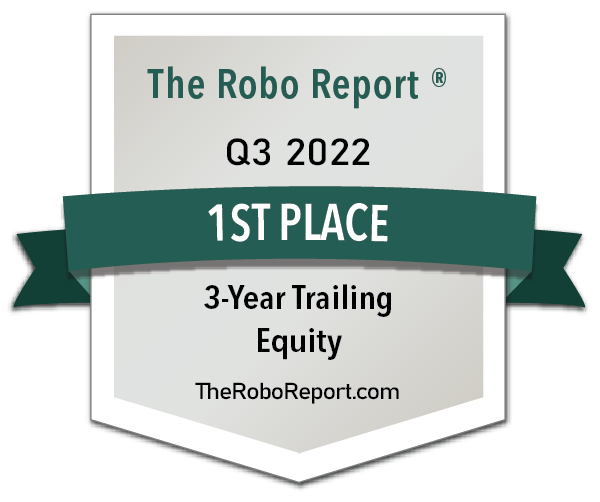
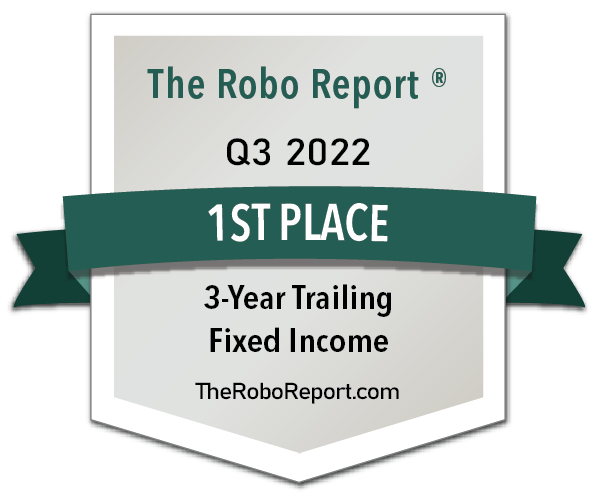
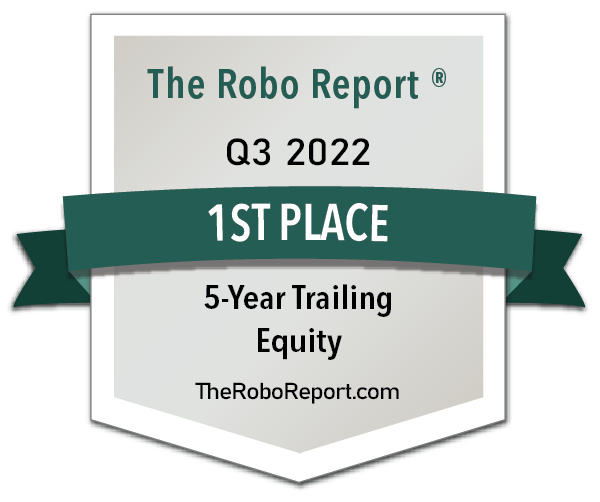
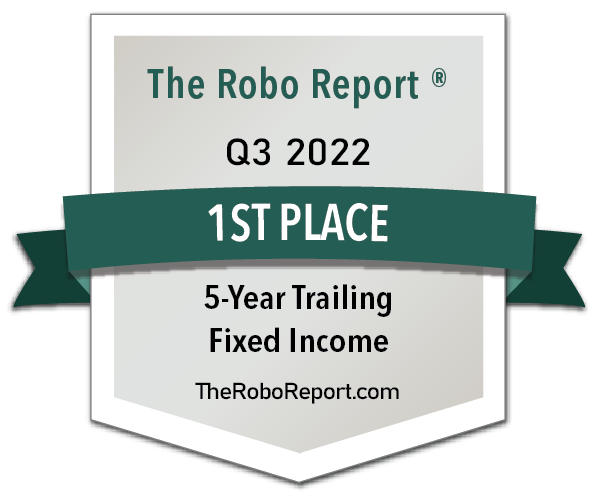
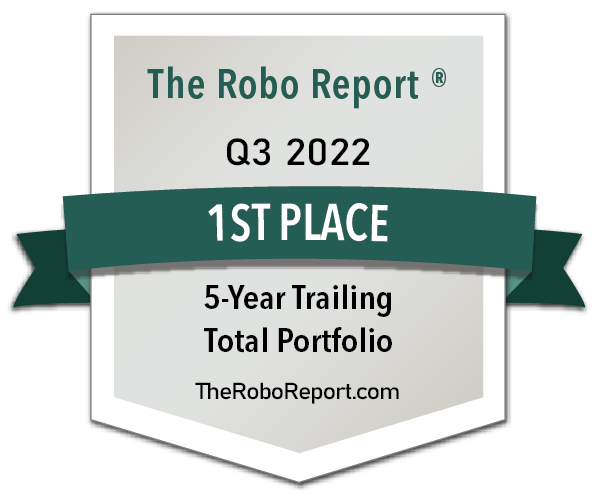
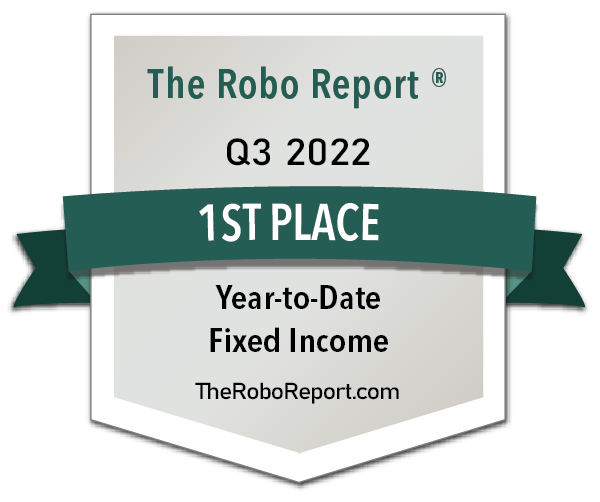
© 2022 Zacks Advantage | Privacy Policy | Unsubscribe
1 Wall Street Journal. November 22, 2022.
2 Zacks Investment Management may amend or rescind the Is Your Investment Portfolio Actually Well-Diversified? guide offer for any reason and at Zacks Investment Management’s discretion.
3 Zacks Investment Management may amend or rescind the Is Your Investment Portfolio Actually Well-Diversified? guide offer for any reason and at Zacks Investment Management’s discretion.
DISCLOSURE
Past performance is no guarantee of future results. Inherent in any investment is the potential for loss.
Zacks Advantage is a service offered by Zacks Investment Management, a wholly-owned subsidiary of Zacks Investment Research.
Zacks Investment Management, Inc. is a wholly-owned subsidiary of Zacks Investment Research. Zacks Investment Management is an independent Registered Investment Advisory firm and acts as an investment manager for individuals and institutions. Zacks Investment Research is a provider of earnings data and other financial data to institutions and to individuals.
This material is being provided for informational purposes only and nothing herein constitutes investment, legal, accounting or tax advice, or a recommendation to buy, sell or hold a security. Do not act or rely upon the information and advice given in this publication without seeking the services of competent and professional legal, tax, or accounting counsel. Publication and distribution of this article is not intended to create, and the information contained herein does not constitute, an attorney-client relationship. No recommendation or advice is being given as to whether any investment or strategy is suitable for a particular investor. It should not be assumed that any investments in securities, companies, sectors or markets identified and described were or will be profitable. All information is current as of the date of herein and is subject to change without notice. Any views or opinions expressed may not reflect those of the firm as a whole.
Any projections, targets, or estimates in this report are forward looking statements and are based on the firm’s research, analysis, and assumptions. Due to rapidly changing market conditions and the complexity of investment decisions, supplemental information and other sources may be required to make informed investment decisions based on your individual investment objectives and suitability specifications. All expressions of opinions are subject to change without notice. Clients should seek financial advice regarding the appropriateness of investing in any security or investment strategy discussed in this presentation.
Certain economic and market information contained herein has been obtained from published sources prepared by other parties. Zacks Investment Management does not assume any responsibility for the accuracy or completeness of such information. Further, no third party has assumed responsibility for independently verifying the information contained herein and accordingly no such persons make any representations with respect to the accuracy, completeness or reasonableness of the information provided herein. Unless otherwise indicated, market analysis and conclusions are based upon opinions or assumptions that Zacks Investment Management considers to be reasonable. Any investment inherently involves a high degree of risk, beyond any specific risks discussed herein.
The S&P 500 Index is a well-known, unmanaged index of the prices of 500 large-company common stocks, mainly blue-chip stocks, selected by Standard & Poor’s. The S&P 500 Index assumes reinvestment of dividends but does not reflect advisory fees. The volatility of the benchmark may be materially different from the individual performance obtained by a specific investor. An investor cannot invest directly in an index.
Robo investments are subject to some unique risks, including, but not limited to, the fact that investment decisions are made by algorithms based on investors’ answers to questions, there is a lack of human involvement, and there is the possibility that the software may not always perform exactly as intended or disclosed. Such investment programs are only suitable for investors who can bear the risk of a complete loss of their investments.
The S&P GSCI is the first major investable commodity index. It is one of the most widely recognized benchmarks that is broad-based and production weighted to represent the global commodity market beta. The index is designed to be investable by including the most liquid commodity futures, and provides diversification with low correlations to other asset classes. The volatility of the benchmark may be materially different from the individual performance obtained by a specific investor. An investor cannot invest directly in an index.
The NASDAQ-100 Index includes 100 of the largest domestic and international non-financial companies listed on The NASDAQ Stock Market based on market capitalization. The Index reflects companies across major industry groups including computer hardware and software, telecommunications, retail/wholesale trade and biotechnology. Index composition is reviewed on an annual basis in December. An investor cannot invest directly in an index. The volatility of the benchmark may be materially different from the individual performance obtained by a specific investor.
Zacks Investment Management 227 West Monroe St. Chicago, IL 60606
Past performance is no guarantee of future results. Inherent in any investment is the potential for loss
Zacks Advantage is a service offered by Zacks Investment Management, a wholly-owned subsidiary of Zacks Investment Research. Zacks Investment Management is an independent Registered Investment Advisory firm and acts as an investment manager for individuals and institutions. All material in presented on this page is for informational purposes only and no recommendation or advice is being given as to whether any investment or strategy is suitable for a particular investor. Nothing herein constitutes investment, legal, accounting or tax advice. The information contained herein has been obtained from sources believed to be reliable but we do not guarantee accuracy or completeness. Zacks Investment Management, Inc. is not engaged in rendering legal, tax, accounting or other professional services. Publication and distribution of this article is not intended to create, and the information contained herein does not constitute, an attorney- client relationship. Do not act or rely upon the information and advice given in this publication without seeking the services of competent and professional legal, tax, or accounting counsel.

